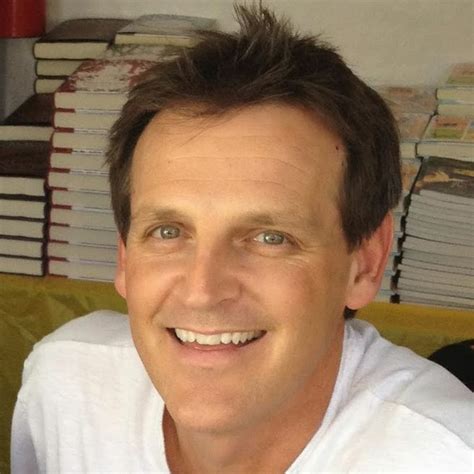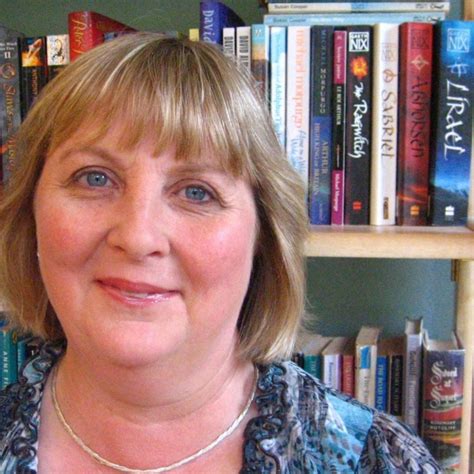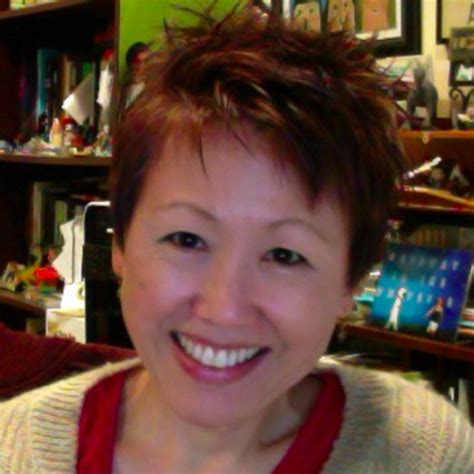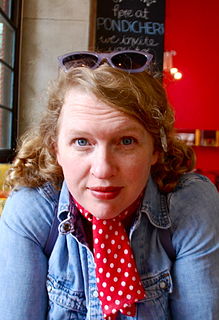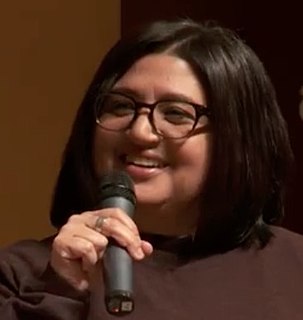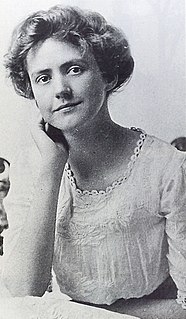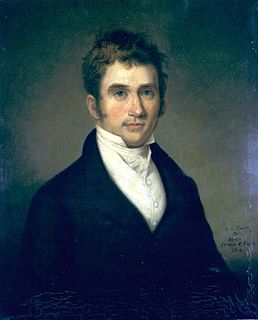A Quote by Stan Lee
I have a reputation for doing superheroes, but I like all kinds of writing. In fact, hardly anybody knows this, but I've probably written as many humor stories as superhero stories.
Related Quotes
Kiran says (the shelf) is full of stories. If it is, then I like fairy stories. Fairy stories are fair. In them wishes are granted, words are enchanted, the honest and brave make it safely through to the last page and the baddies either have to give up their wickedness for ever and ever, no going back, or get ruthlessly written out of the story, which they hardly ever survive. Also in fairy stories there are hardly any of those half-good half-bad people that crop up so constantly in real life and are so difficult to believe in.
At first I was thinking of it as superheroes who happened to be teenagers. Then I realized, no, I'm writing about teenagers who happen to be superheroes. Thinking like that changed everything for me. I started approaching the stories through the characters' core emotions, rather than leading with the superpowers.
We're looking for stories that speak to us. We're looking for stories that connect us with something true. But, instead, a lot of the time we get strippers. All I'm saying is, when boys are writing the stories, the percentage of strippers is bound to go up. And real stories about real women kinda don't get written at all.
Good writing, in my opinion, is writing that looks really easy, so easy that a person who has never written more than a grocery list might convince themself that they could also write a book. That being said, it's always a lot of work, as you know. And then there's this: you have no idea how many failed stories and novels I've attempted. I have files full of stories that didn't work for whatever reason.
But it's hard for me to pinpoint where all my characters and dialogue come from - imagination or real life. My memoir, of course, was all about my past, and many of the short stories cleave very closely to my life, but the more stories I wrote in the collection, the more that seemed to be invented, but who knows... I think I'm writing about a young woman with acne who shoplifts, but I'm really writing about myself.
I think the reason the stories are briskly paced, when they are, is that I like story. I like stories where things happen and there are surprises and reversals, in addition to vivid characters and a memorable voice. So those are the kinds of stories I try to write. And it turns out that's pretty much the only kind of writing that works for TV. It's a medium that just devours story, demands surprises and reversals. So my sensibility is suited to TV storytelling, at least as we think of it today.
I don't think we need a critic to negotiate with the audience. People say, "Who are you writing for?" I'm writing for myself but my audience is anybody who knows how to read. I think a story should engage anybody who knows how to read. And I hope that my stories do, maybe on a different level for more sophisticated readers than, say, a high school kid, but still a story has got to grab you. That's why we read it.


